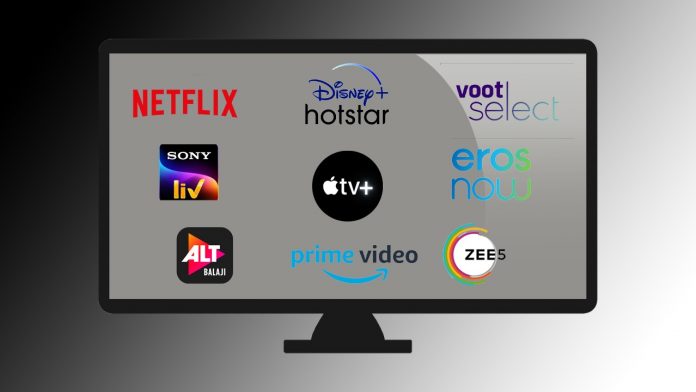Seven months after the Internet and Mobile Association of India (IAMAI) came up with the DCCC, India’s top 15 streaming platforms have adopted a self-regulation code, including Netflix, Amazon Prime Video, and Disney+Hotstar.
IAMAI had on February 5, 2020, at its annual India Digital Summit released a ‘Code for Self-Regulation of Online Curated Content Providers’. Before that, in January 2019, the industry body had put out another code called the ‘Code of Best Practices for Online Curated Content Providers’.
The ‘Code for Self-Regulation of Online Curated Content Providers’ was introduced with a view to further establish an industry self-regulatory body called the Digital Content Complaints Council (DCCC). The DCCC would have been quite similar to the present Broadcast Content Complaints Council (BCCC) which governs the non-news and televisions channels’ content in India.
15 out of more than 35 Indian streaming platforms agreeing to a self-regulation code is to forestall government censorship, especially after IAMAI’s earlier 100-day ultimatum to top OTT platforms to come up with their own code of conduct or face extinction.
The new “Universal Self-Regulation Code for OCCPs” (Online Curated Content Providers), as it is being called, places the onus of self-governance on each OTT platform. Each platform will create a three-member “advisory panel” that will serve as a body of appeals within that organisation itself.
Two of the members in the panel will be executives of the particular streaming service while the third one has to be an “independent external advisor” who must not be on the payroll of the company in any capacity. The code has not been approved by the Ministry of Information and Broadcasting as of now.
The 15 Indian streaming platforms who agreed on the self-regulation code are ZEE5, Viacom18 (Voot Select), Disney+ Hotstar, Amazon Prime Video, Netflix, MX Player, Jio Cinema, Eros Now, Alt Balaji, Arré, HoiChoi, Hungama, Shemaroo, Discovery Plus, and Flickstree.
With streaming services gaining momentum, the earlier codes proposed by IAMAI were criticised for appearing to act as a muzzle on the online content streaming services. The same critics who lamented the BCCC’s involvement as having resulted in the present deluge of television shows that lack both creativity and diversity.
Only time will tell how the present “Universal Self-Regulation Code for OCCPs” works in the near future and whether the I&B Ministry accepts it in its existing form.
Also read: Bad Boy Billionaires: India release on hold after court orders

